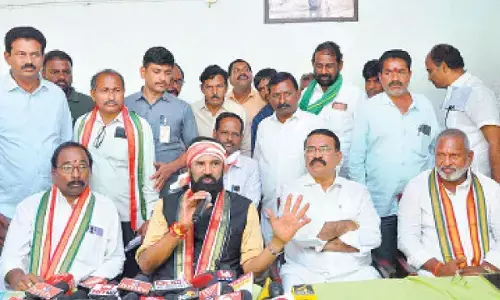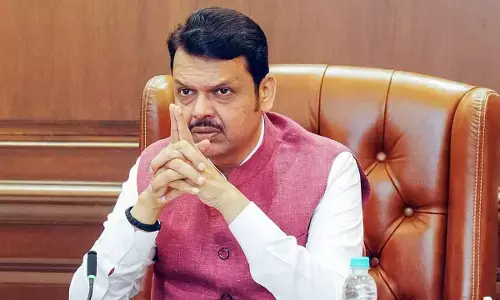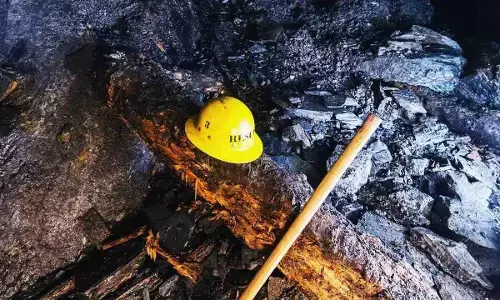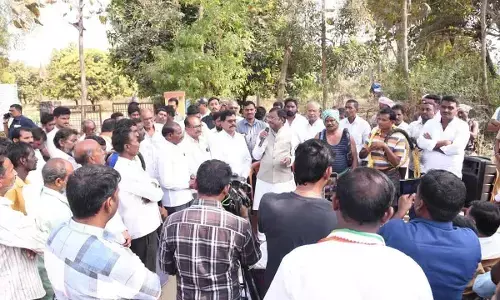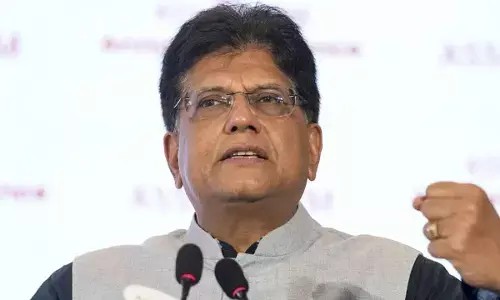MyVoice: Views of our readers 14th july 2020

If we want to make ‘Boycott China’ movement successful, we need to understand the way the Chinese Communist Party wants to dominate the world
Getting rid of Chinese products not that easy
If we want to make 'Boycott China' movement successful, we need to understand the way the Chinese Communist Party wants to dominate the world. It is a party that has established complete dictatorship over the people, and the ordinary Chinese people are not at fault here. China has created copycat versions of social network apps by indulging in IP theft in almost every sector. The second weapon of China is what is called 'dumping' in economics. It refers to the export of locally made product at such ridiculously low prices so that it would drive the local industries of that country out of business. A third tactic is currency manipulation to maintain its cost advantage. And debt trap of African countries. China, here is playing the game on the next level that even small steps will make no difference to them. India should begin thinking on the next level to counter China. While it may not be possible nor wise at this point to put curbs on import of critical Chinese consumer goods, at least non-essential goods like toys can be banned to make a beginning.
B Siva Kiran, Kurnool, AP
When celebs don't abide by norms, why blame laymen?
The entire world and humanity are fighting with so many issues, particularly Covid-19 in present times. During the pandemic, so many celebrities campaigned on behalf of the government or governments with regard to precautions, and other safety measures to be taken to contain the spread of the deadly virus. Now it ironical and beyond one's comprehension that how these celebrities have been attacked by virus as they are not ordinary people. When they themselves are not adhering to the norms put in place to prevent the spread of novel coronavirus, all these campaigns have no meaning at all. The real sufferers are ordinary people and commoners. If they have a bit of decency, they must return the money they charged for their appearance in advertisement or campaigning to prevent Covid-19.
Medavaram Jitamitra, Auto Nagar, Vijayawada
What is TS govt doing to contain Covid-19?
This is with reference to the report 'Raj Bhavan staff test positive, isolated' (July 13). It is disturbing to note that the seats of power in Telangana, the Raj Bhavan and the Pragathi Bhavan have become places where one can be infested with the deadly novel coronavirus. What was lockdown meant for? Why the government, health department and the police are blaming common people for not following norms when they themselves are falling prey to the virus? Did the lockdown represent a form of malpractice of governance? The lockdown exposed the differential vulnerabilities of India's citizens. It also revealed a situation in which the State seemed to have acquired the right to inflict abysmal misery on, or even take away the lives of, migrant labourers in lieu of an assurance of safeguarding the health of the people. But who are these people whose lives the State promises to save in a nation where the victims of the lockdown are in the majority? It is equally important to understand how the 'body' of the citizen — the afflicted body, the body as a potential virus-carrier, or even the dead body — has become a site of control and the imposition of power by the State. The pandemic has opened up a whole new set of governmental practices of compartmentalisation of the lives of people that has even led to, in some cases, citizens being unable to mourn for the loved ones they have lost. The question is this: if the State fails to provide adequate healthcare facilities for the ailing body, does it have an unconditional claim over the body of the dead? Is there any space left to delimit the boundaries of State intervention vis-à-vis personal choices and decisions?
Vijayasree Vedantam, Hyderabad


